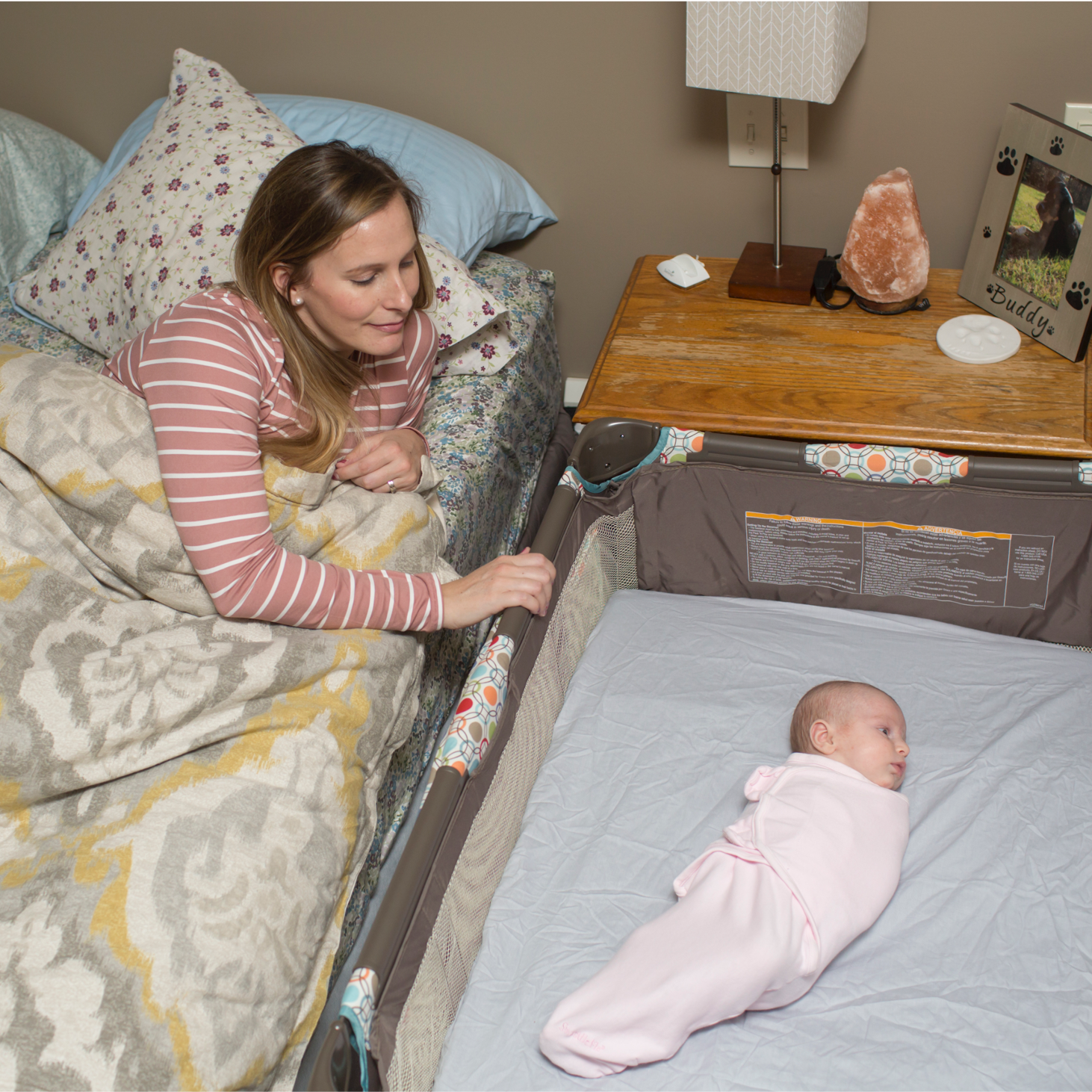

Public Sector Solutions, Children & Families, Health, Results-Based Funding
Key Takeaway
CTF worked with Social Finance to design an outcomes rate card (ORC), an OBF structure that includes a menu of high-priority outcome metrics CTF hopes to achieve and an associated payment, or “price,” for each outcome achievement.
Birth through age five is a critical time for a child’s social and emotional development. Home visiting is a strong, evidence-based investment that governments can make to support child development and generate positive economic, health, and social outcomes for children and families. It is a home-based prevention service delivered by trained nurses, social workers, or child development specialists to promote infant, child, and maternal health. Estimates indicate that by working to ensure that babies are born at term (at or after 37 weeks gestation), home visiting can reduce the need for child and maternal medical care services during delivery and infancy, the likelihood of the need for special education, and lost household and labor market productivity.
The Children’s Trust Fund of Missouri (CTF), the state of Missouri’s foundation for child abuse prevention, firmly believes in the power of investments in early childhood development services and, over its 37-year history, has allocated nearly $68 million in public funding to community organizations across the state that work to alleviate child abuse and neglect. Included in this portfolio are grants to home visiting providers that deliver a range of home visiting models (e.g., Parents as Teachers, Healthy Families America) focused on achieving positive outcomes across maternal and child health, child welfare, and child development, among others. Through these grants, CTF has served more than 3,800 families to date and has become a hub for data, referrals, and resources to maximize home visiting outcomes.
Currently, home visiting in Missouri is reimbursed on a purely fee-for-service (FFS) basis: funders pay agencies to carry out services irrespective of agency performance or the impact achieved on children and families. In 2020, CTF launched an effort to explore how it might shift away from this traditional FFS funding structure to an outcomes-based funding (OBF) structure—shifting from paying for services to paying for discrete, measurable outcomes.
CTF worked with Social Finance to design an outcomes rate card (ORC), an OBF structure that includes a menu of high-priority outcome metrics CTF hopes to achieve and an associated payment, or “price,” for each outcome achievement. Launched this month, the ORC provides an opportunity for home visiting providers to earn incremental new incentive funding based on the achievement of specific outcomes. In designing the ORC, CTF had several objectives in mind:
- Unite and articulate impact by using incentive funding attached to a single set of priority metrics across all of CTF’s contracted home visiting providers, regardless of the specific model they provide;
- Incentivize prenatal enrollment given the low rates of prenatal enrollment at status quo, despite evidence showing better health outcomes for children and families who are enrolled before a child’s birth; and
- Improve data entry by rewarding providers for collecting more data and reporting it correctly, allowing CTF to more accurately measure and report on its overall impact.

To this end, the ORC is structured to include seven metrics related to complete data entry, maternal and child health, and workforce development. Each provider is eligible to receive incentive payments of up to 10% of its core funding from CTF.
As we reflect on the design and launch of the ORC, CTF and Social Finance see three key elements that we believe will be crucial to the project’s ongoing success and may also serve as lessons for future OBF projects.
- Engage providers throughout ORC design: Ongoing engagement ensured that Social Finance and CTF were able to understand the local context of service delivery, generate early buy-in from providers, and ensure close integration with pre-existing funder and provider data collection requirements and processes.
- Establish a continuous cycle of reporting and feedback: The ORC includes a quarterly cycle of data reporting and validation in order to calculate and provide incentive payments. This cycle is followed by a collaborative feedback process, including a provider-specific progress report and discussions on ORC metric performance and incentive payments. This cycle of reporting and feedback will provide ample opportunities to leverage data to better understand the impact and inform program or process adaptations. This process came to life for the first time in the first of two “pilot” cycles prior to the formal launch, enabling CTF and providers to test the process, address any points of confusion, and lay the groundwork for a successful launch.
- Balance impact with feasibility: In an ideal world, every metric on the ORC would reward providers for positive incidences of outcome metrics (versus a mix of data entry and outcomes); however, in designing the rate card, Social Finance and CTF identified a need to start by strengthening provider data collection practices. The incentive payments for complete data entry allowed CTF to highlight areas where it aims to improve its data entry practices to more accurately measure the impact of its funding. This mix of metric types blends CTF’s impact-first mindset with the reality of current data collection in the state.
By implementing OBF, CTF aims to ensure that limited taxpayer dollars are spent on interventions that work. CTF’s ORC aims to lay the groundwork for OBF uptake across the state of Missouri—both through additional OBF projects by CTF and, hopefully, other payors within the state. By continuing to innovate on how public funds are spent, CTF and others can effectively scale impactful services and generate even more positive outcomes for additional children and families.
Learn more about our Public Sector Solutions →
Learn more about CTF →
Photos courtesy of the Children’s Trust Fund of Missouri.
Related Insight

Designing an Outcomes Rate Card Approach in Connecticut to Better Serve Families
Social Finance and OEC conducted an extensive review of their rate card implementation and determined that the model would be more impactful and easier to implement if it were more clearly aligned with OEC’s goals…

Creating System-Level Accountability through Outcomes Rate Cards in Connecticut
Social Finance is dedicated to continuously improving the structure of outcomes rate cards to maximize family-level impact, as seen in this four-year partnership with OEC. The outcomes rate card enables governments to pay providers varied…

Supporting Connecticut to Launch a Postpartum Public Health Program
The Connecticut Office of Early Childhood is launching a two-year universal home visiting and community health worker pilot. Social Finance collaborated with CT OEC and partnering agencies to design the pilot, secure funding, and plan…